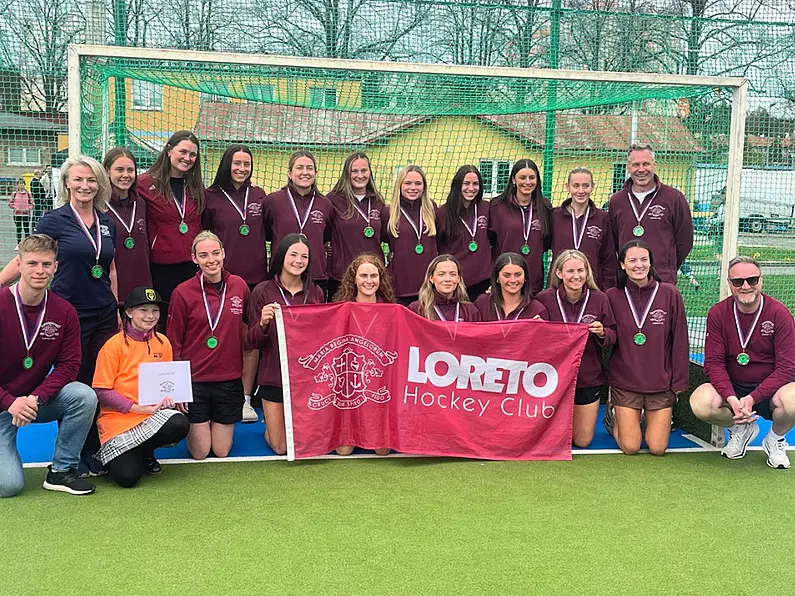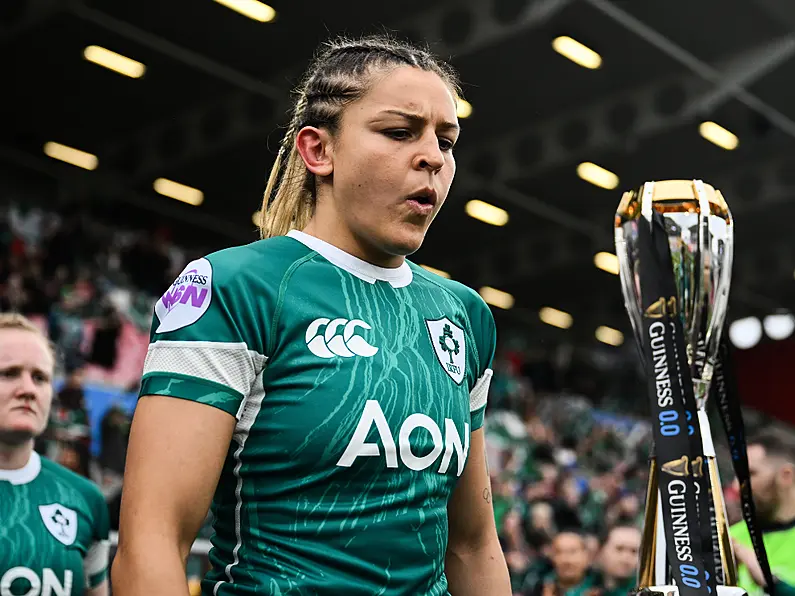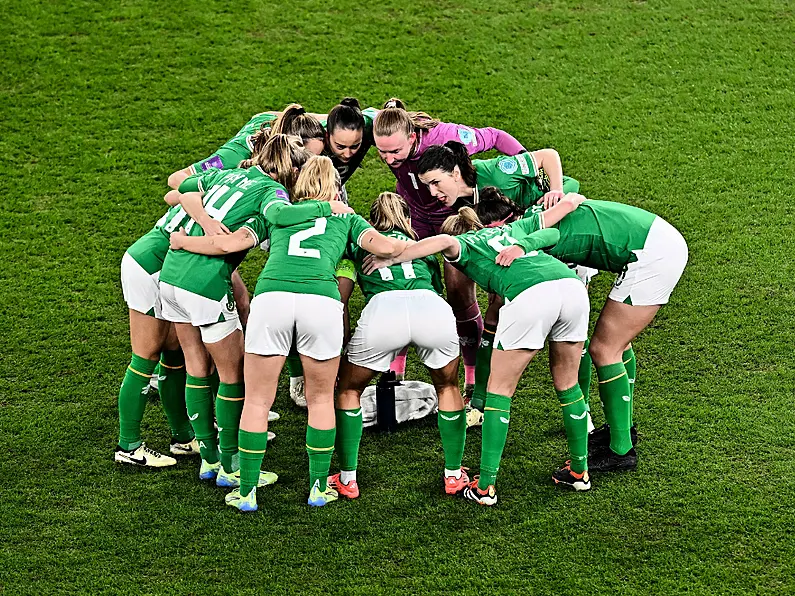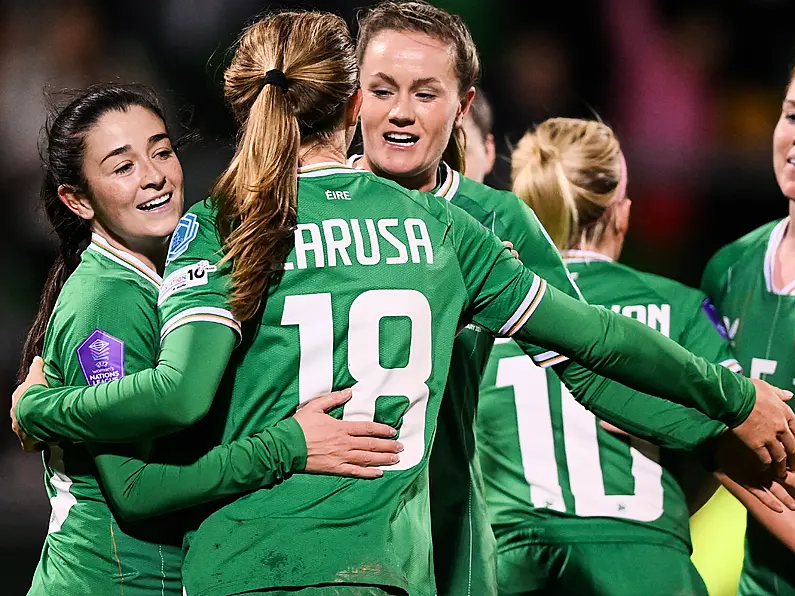With 50 days to go until the tournament begins (20 July 2023), the FIFA Women's World Cup continues to face a TV blackout across Europe.
A number of the greatest soccer nations have yet to agree broadcast deals for their markets. Notable figures within the sport feel that the offers have been so small that they represent a “betrayal” of supposed commitments to the women's game, that could affect its growth and future deals.
None of the offers have reached even 6% of the price agreed for the Men's World Cup in 2022.
France, Spain, Germany, Italy and Japan have not shown any indication that a deal will be made anytime soon, while the UK has agreed to a deal with the BBC and ITV but it has not been announced yet.
That 50 days away feeling 🙌🔥#FIFAWWC | #BeyondGreatness pic.twitter.com/13gtaPzWs7
— FIFA Women's World Cup (@FIFAWWC) May 31, 2023
Italy's offer has been a low 1% of the price agreed for the Men's World Cup offer, while Germany's has been under 3%. Broadcasters, including Italy's RAI and Germany's ZDF and ARD, have argued that one factor influencing offers is the unappealing times of the matches, due to the tournament taking place in New Zealand and Australia.
FIFA has clapped back at this argument by pointing out the healthy European figures for the Men's World Cup in Japan and Korea in 2002, which has similar scheduling.
Fifa’s initial inspection report of the Australia and New Zealand bid did warn that "a relative fall in audiences could be experienced in Europe" due to the kick-off times.
However, FIFA have recently pointed out how much more family-oriented the women's game demographic is, arguing that the timing of the World Cup is well suited to many children. All matches involving European nations would take place after 9am in their time zone, with many coming at midday, and also coming in the school summer holidays. Audience insights expert Fifty’s latest study proves that women’s football has greater mass consumer reach than men’s and therefore is ripe for growth and brand sponsorship.
FIFA has continued to maintain their argument that they are standing up for what is fair. They have requested that broadcasters consider that if they agree to under 5% of the men's amount - or, in the worst cases, 1% - it will set a damaging trend for future negotiations.
FIFA is currently aiming to achieve equal pay in the industry by 2027. The governing body’s prize money has therefore been increased for the Women's World Cup tournament to £152m, a three-fold increase from France 2019 and 10-fold increase from Canada 2015. The total prize money at the men’s World Cup in Qatar was £371m.
Should broadcasters not bring higher offers to the table, many European households will not be able to watch the women football stars in action. FIFA have told broadcasters they need to “step up” in this regard, especially since so many reap the benefits when advertising their own commitment to the women’s game.












